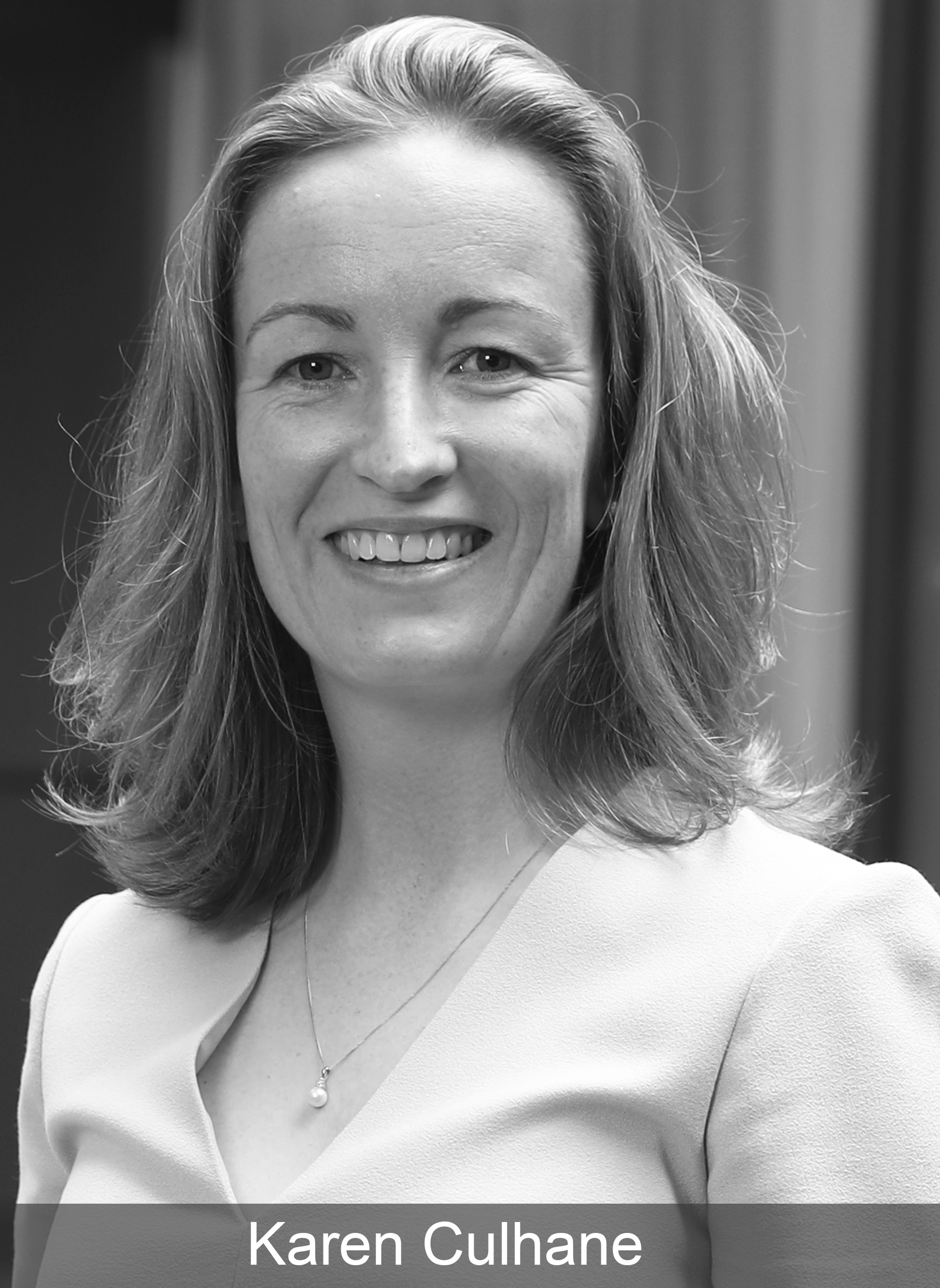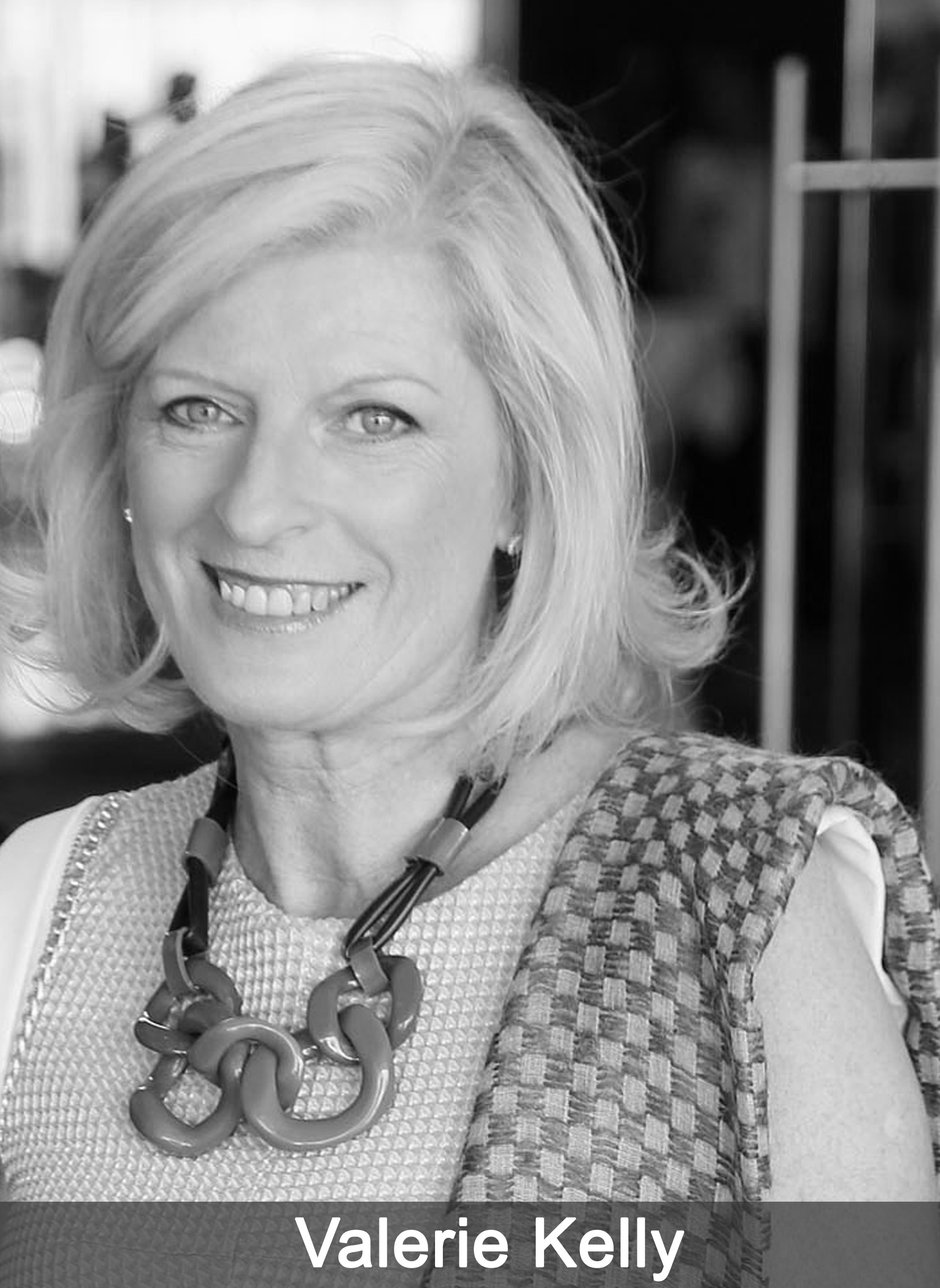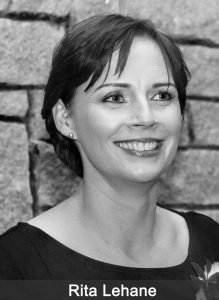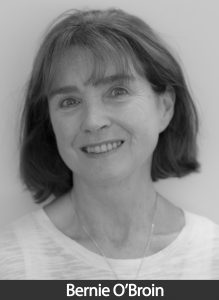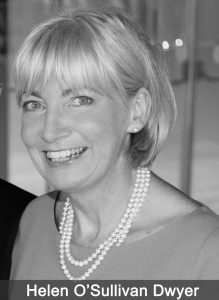ABOUT US
IN AID OF CANCER CLINICAL RESEARCH TRUST (CCRT)
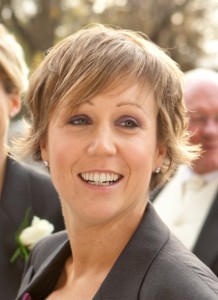 THE CAROLINE FOUNDATION was established in memory of Caroline Dwyer-Hickey who passed away on 25 March 2013 aged 35 after a nine year battle with cancer. Caroline was a patient of Professor John Crown from the time of her being diagnosed with breast cancer in June 2004. Having benefited from clinical trials in both Ireland and the US Caroline was a public advocate for cancer research, firmly believing that research will one day find a cure – she was a pioneer of cancer research in that she was the first in Ireland to participate on some trials through the CCRT. The Caroline Foundation is built on, and is testimony to that advocacy, that hope and faith in the work of The CCRT.
THE CAROLINE FOUNDATION was established in memory of Caroline Dwyer-Hickey who passed away on 25 March 2013 aged 35 after a nine year battle with cancer. Caroline was a patient of Professor John Crown from the time of her being diagnosed with breast cancer in June 2004. Having benefited from clinical trials in both Ireland and the US Caroline was a public advocate for cancer research, firmly believing that research will one day find a cure – she was a pioneer of cancer research in that she was the first in Ireland to participate on some trials through the CCRT. The Caroline Foundation is built on, and is testimony to that advocacy, that hope and faith in the work of The CCRT.
MISSION
The mission and purpose of The Caroline Foundation is to raise money to fully fund additional post-doctoral scientific researcher(s) on the Cancer Clinical Research Trust (CCRT) team.
VISION
The hope and vision that inspires our endeavour is that through supporting cancer research, those patients who today are participants on the CCRT research programme may benefit from the on-going development of better treatments and at another level that the global cancer research project, of which CCRT is an integral player, will one day not only find a cure but will find a way of preventing cancer.
GOAL
The committee of The Caroline Foundation has set itself a clear target to raise 1million euro for The Caroline Foundation Cancer Research Fellowship.
STRATEGY
It is proposed to raise one million euro through a variety of activities:
- Organising a number of events during the year such as GIVE US A SONG! Campaign to mark World Cancer Day on 04 February; MARATHONS under our TeamCarolineFDN initiative; Fundraising LUNCH on first Friday of October and other activities as they arise.
- Promoting, encouraging and assisting friends and supporters of the Foundation to undertake their own fundraising activities such as Marathons; Quizzes; Fashion Shows etc.
- Facilitating direct donations to the Foundation through the website.
- Promoting awareness of the need for a vibrant, well-resourced, well-networked cancer research programme in Ireland so that Irish cancer patients can trust that the treatment here is as good as anywhere else in the world, and those cancer patients in for whom the mainstream cancer treatment programme is not enough have access to clinical trials linked to the best worldwide.
TIMEFRAME
It is envisaged that The Caroline Foundation will have a limited life-span. The timeframe will be dependent on the time it takes to achieve its financial goal of one million euro.
GOVERNANCE
The Caroline Foundation is not an independent charity. It is a constituent of Cancer Clinical Research Trust (www.ccrt.ie ) led by Professor John Crown and is therefore answerable to the board of CCRT. CCRT is a registered charity that complies with all governance codes and best practices recommended for the charity sector in Ireland. Charity Number: CHY 12210.
BOARD OF DIRECTORS CCRT
Board of Directors of CCRT: Professor John Crown; Dr. Janice Walshe (Consultant Oncologist); Dr. David Fennelly (Consultant Oncologist); Professor Ray Kinsella (UCD, Professor of Economics) and Helen O’Sullivan-Dwyer, EdD (The CarolineFoundation).
The Caroline Foundation is in full compliance with the best practice standards in our sector including the guidelines of good governance as presented by CCRT and The Governance Code of Practice for Good Governance of Community, Voluntary and Charitable Organisations in Ireland. In doing so The Caroline Foundation operates according to the recommended five key principles by:
- Having shared vision, purpose and values and ensuring they remain relevant;
- Complying with all relevant legal and regulatory requirements and operating by appropriate internal financial controls;
- Being transparent and accountable through effective communication with all those who support our efforts;
- Ensuring our working practices as a steering committee are efficient and effective;
- Operating with integrity in managing and promoting the Foundation.
THE COMMITTEE
The Caroline Foundation is led by a small committee of people who are imbued with a volunteer ethos. Each member of the committee volunteers their time, energy and expertise to raise funds for cancer research. The Caroline Foundation has no paid employee. The committee is (in alphabetical order):
Karen Culhane (representing CCRT); Karen Hodgins; Valerie Kelly; Rita Lehane; Kieran Leonard; Bernie O’Broin and Helen O’Sullivan-Dwyer (Chair).
THE CAROLINE FOUNDATION RESEARCH
Vitamin D as a Targeted Therapy in Breast Cancer
UCD is focussed on targeted therapies in breast cancer. In particular, the investigation is looking at the possible use of a synthetic form of vitamin D for the treatment of breast cancer. There is increasing evidence that vitamin D may have a protective role in breast cancer, which the team is hoping to confirm as part of this research.
Collaborators include Professor John Crown, Professor William Gallagher (UCD) and Dr Norma O’Donovan (DCU). Alyson has published in international peer reviewed journals along with collaborators from Cancer Research UK Cambridge Institute and The Institute of Cancer Research London.
Alyson has now moved to Cork but her research work is continuing under the guidance of Professor Joe Duffy.
Genomic and Transcriptomic alterations to Predict Therapeutic Response in Malignant Melanoma
For the past year, The Caroline Foundation, through Cancer Clinical Research Trust (CCRT) has co-funded research with the Irish Research Council (IRC) Enterprise Partnership Scheme (EPS). This research project is conducted in a joint venture between Dublin City University and St Vincent’s Hospital under the supervision of Dr Naomi Walsh and Professor John Crown.
Dr Naomi Walsh’s research looks at whether differences in the DNA of patients treated with therapies such as immunotherapy, targeted therapy and/or chemotherapy can predict long-term response. This study will provide insight into the association between genomic alterations, therapeutic response, immune-protein expression and clinical outcome creating an index signature that will aid in patient selection to ensure the best clinical benefit.
Furthermore, because resistance to therapy is the biggest challenge to treatment, in the laboratory, we have created melanoma cell lines resistant to the BRAF targeted therapy, known as Vemurafenib. By looking at the gene changes in the newly developed resistant cells we can understand how melanoma cells develop resistance and identify better strategies for overcoming this resistance.
What Professor John Crown has said about The Caroline Foundation:
“In 2017, research supported and facilitated by the Caroline Foundation yielded new insights into potential treatments for the most aggressive types of breast cancer, HER2+ and triple negative”. As a result, we are starting new clinical trials for patients with both of these disease types in 2018. We are also applying these insights into potential treatment programs in other cancer types. The new generation of trials will be called after Caroline, and we anticipate that we will be entering patients onto the Caroline 1 Trial in the first quarter of 2018.”
Video interview from CCRT with an update about how cancer research is progressing…
*Text-A-Donation: Text RESEARCH to 50300 to donate € 4. Text costs €4. The Caroline Foundation will receive a minimum of €3.60. Service Provider: LIKECHARITY. Helpline: 076 6805278.
